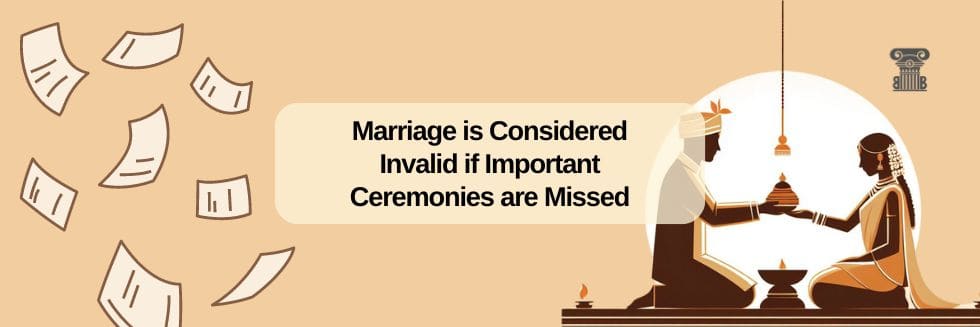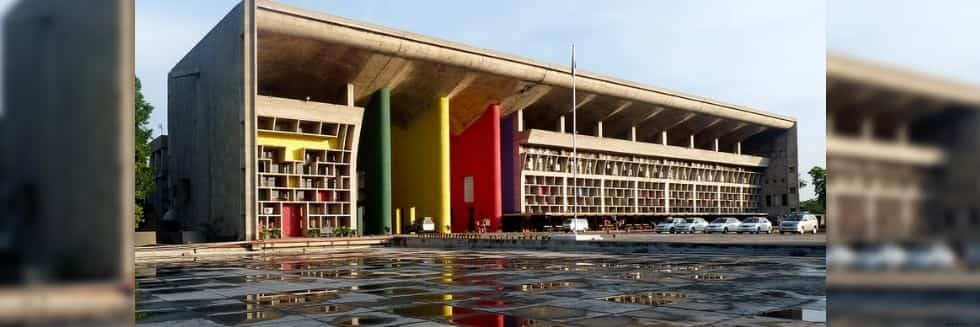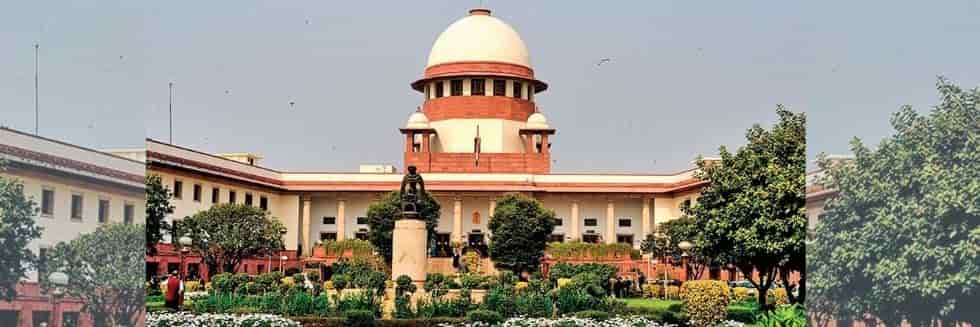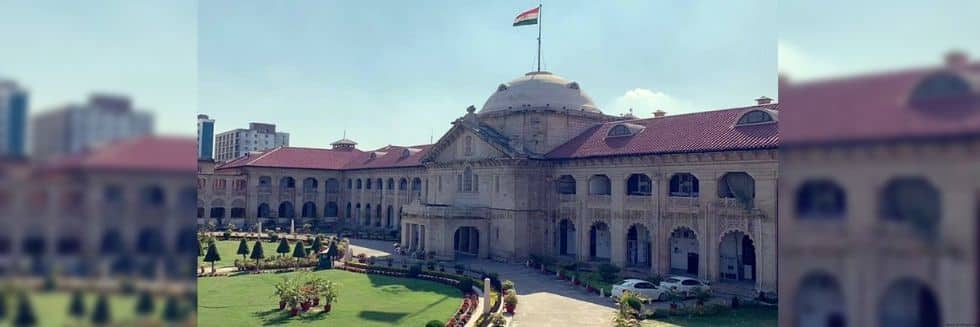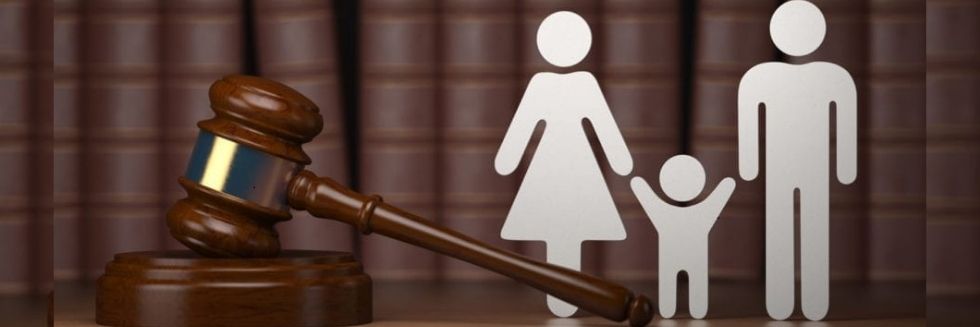In a recent ruling, the Supreme Court of India clarified that the mere issuance of a marriage certificate, without the performance of the necessary ceremonies, does not validate a Hindu marriage. This observation was made in the case of Dolly Rani v. Manish Kumar Chanchal.
The apex court underscored the importance of both registration and solemnization in a marriage. The case in question involved a couple who married on March 7, 2021, and claimed to have solemnized their marriage on July 7, 2021. They obtained a “marriage certificate,” but the marriage ceremony, as per Hindu rites and customs, was scheduled for October 25, 2022, which did not occur.
The respondent filed a divorce petition, leading the court to declare their July 7, 2021, marriage invalid under the law, rendering the issued marriage certificates null and void. The parties confessed that they had not solemnized the marriage according to customs, rites, and rituals and had obtained the certificates due to certain exigencies and pressures.
In India, the solemnization of a marriage involves conducting an official ceremony with appropriate rituals. The country’s marriage laws are diverse, including personal laws specific to various religions and the Special Marriage Act, 1954 (SMA). A Hindu marriage is solemnized through Kanyadaan and Saptapadi (seven vows). For Christians, a church ceremony based on local customs validates a marriage. Under Muslim law, a valid marriage requires the consent of both parties, vocal consent, and the signing of a nikahnama. The SMA provides a secular alternative, allowing individuals of different faiths or those opting out of religious traditions to marry through a civil procedure.
According to Section 5 of the Hindu Marriage Act, 1955 (HMA), a valid marriage requires neither party to have a living spouse at the time of the marriage. Neither party should be incapable of giving valid consent due to unsoundness of mind, mental disorder, or recurrent attacks of insanity. The bridegroom must be at least 21 years old, and the bride must be at least 18 years old. The parties should not be within the degrees of prohibited relationship or sapinda of each other, unless permitted by the custom or usage governing each of them.
Section 7 of the HMA states that a Hindu marriage becomes valid if it is performed between a Hindu couple according to the customary ceremony and rituals of either party. A Hindu marriage may be solemnized in accordance with the customary rites and ceremonies of either party. If such rites and ceremonies include the Saptapadi, the marriage becomes complete and binding when the seventh step is taken. The Act acknowledges the differences in the community’s customs, allowing for marriages to be solemnized as per these customs.
